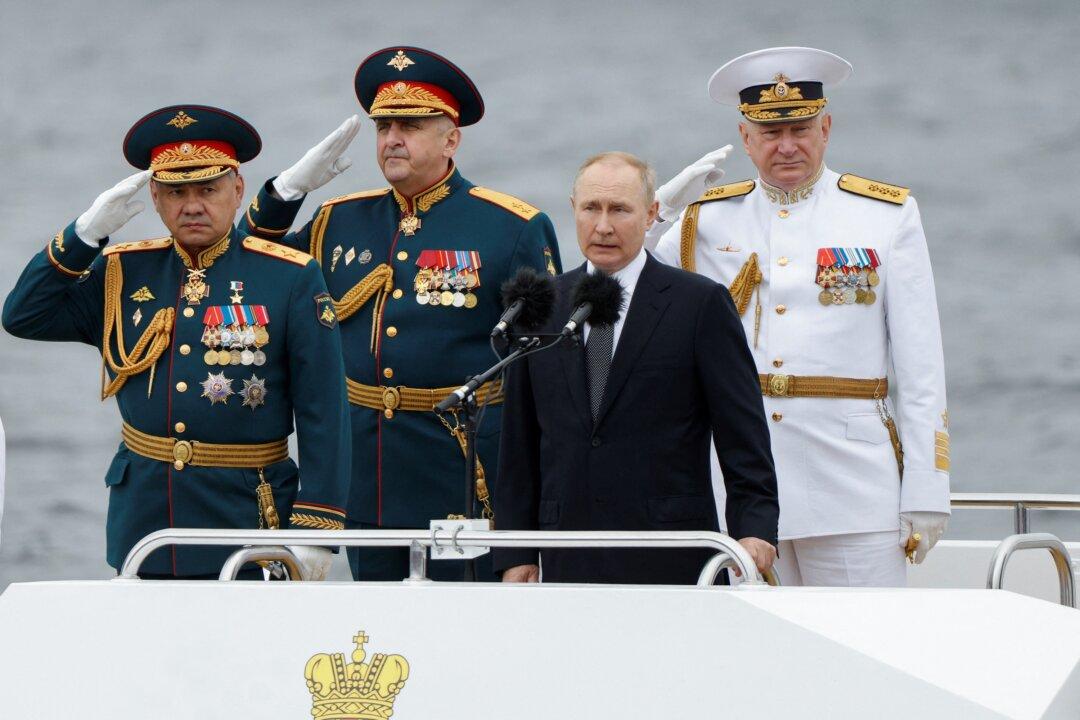South Africa is set to host what analysts have described as “10 days of war games” with China and Russia from Feb. 17 to Feb. 26, which coincides with the anniversary of the Kremlin’s invasion of Ukraine.
The countries involved have described the event, to be held off South Africa’s east coast, as a “multilateral maritime exercise.”





